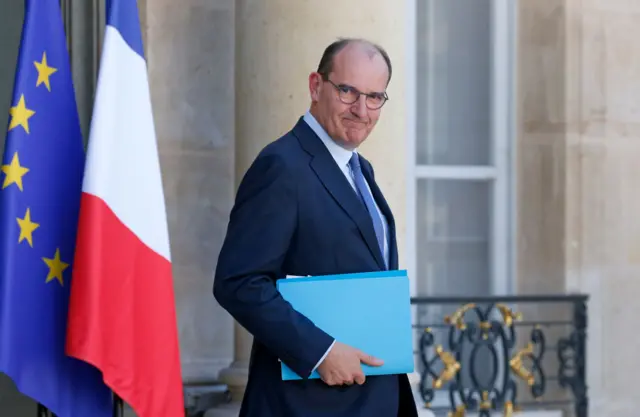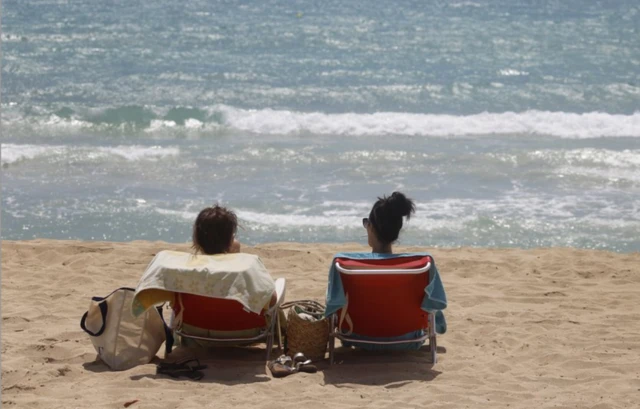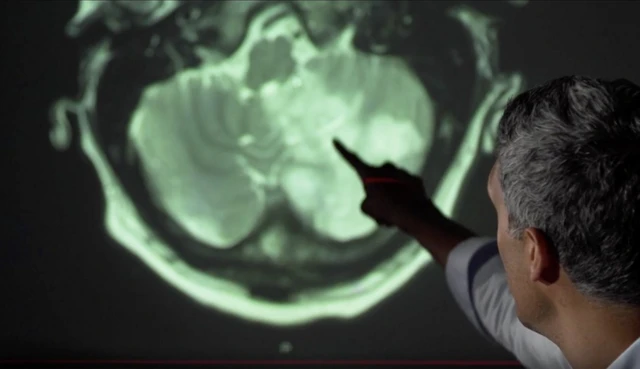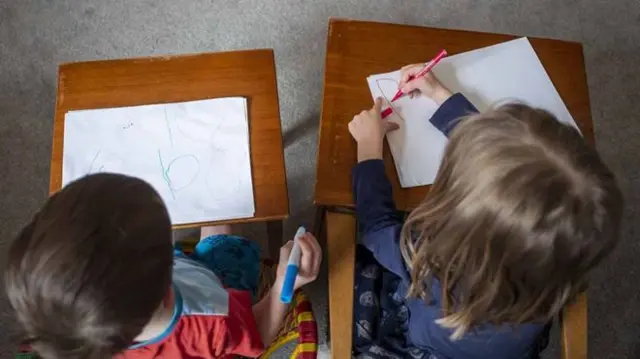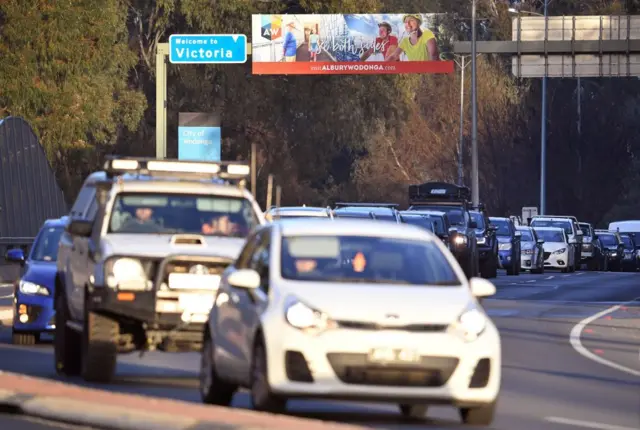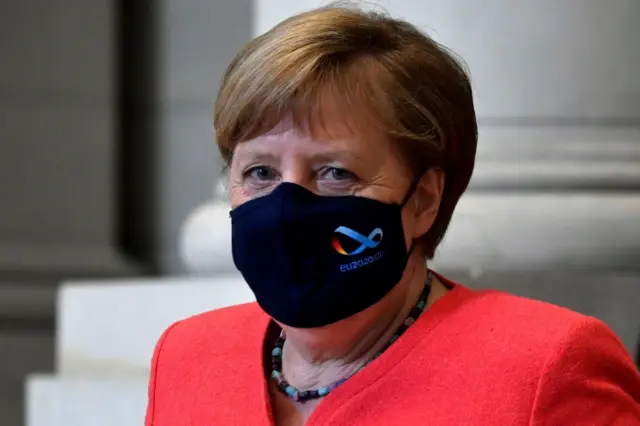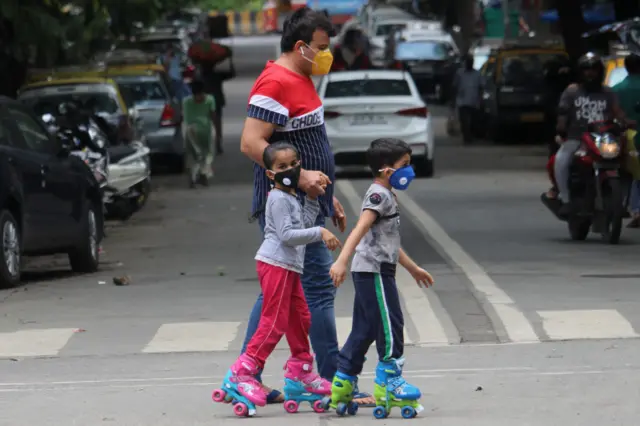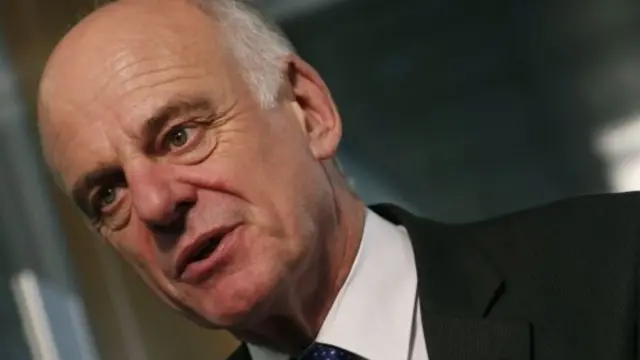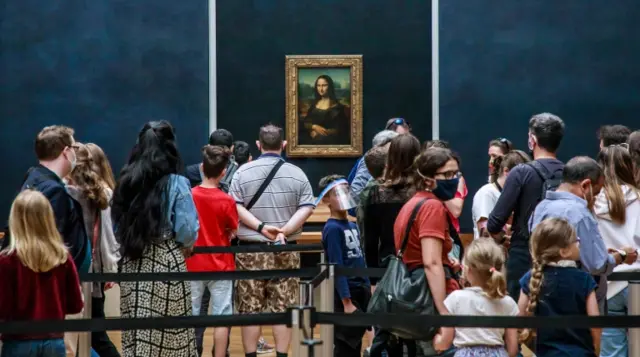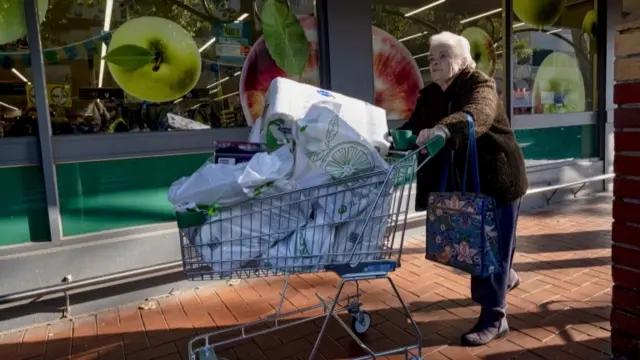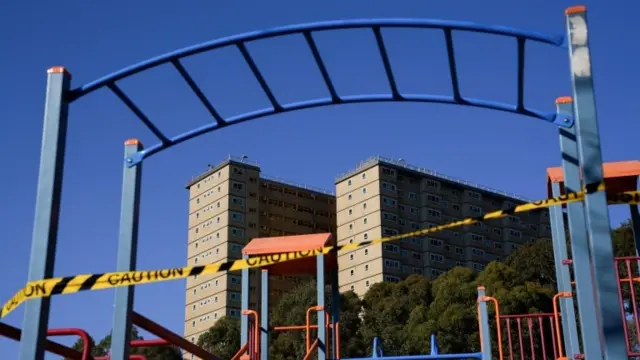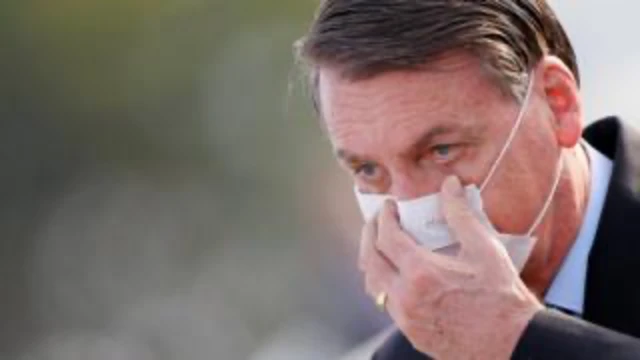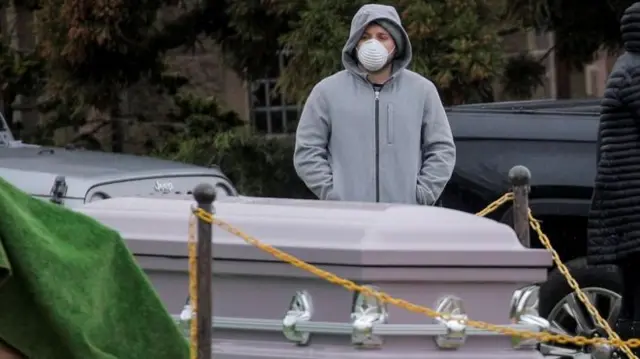Colombia extends national lockdown as virus 'accelerates'published at 10:15 BST 8 July 2020
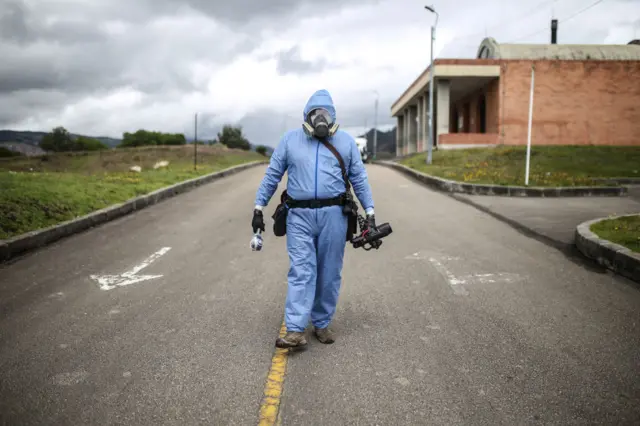 Image source, Getty Images
Image source, Getty ImagesA cameramen at a crematorium in Bogota, Colombia, which has been overwhelmed by Covid-19 deaths
Colombia is extending its nationwide lockdown by more than two weeks after reported cases and deaths accelerated in several cities, President Iván Duque has said.
The measure, which was implemented in March, was due to be lifted on 15 July, but has now been pushed back to 1 August.
"Considering we have cities where the rate of cases has accelerated and grown, as well as the mortality rate, we have continued to work on preserving the mandatory preventive isolation as the general concept," Mr Duque said in a televised address on Tuesday.
More than 120,000 cases of Covid-19 and 4,452 deaths have been confirmed in Colombia.
